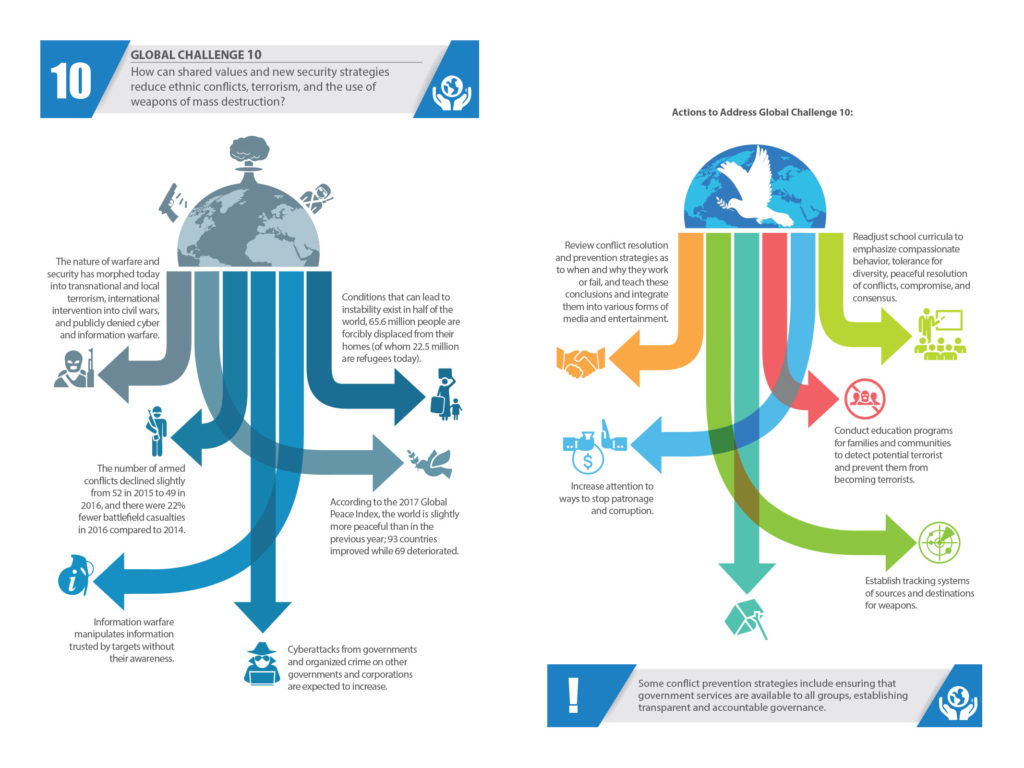Anyone can reduce the impact of stress. With practice, anyone can learn to identify stressors and maintain control as tension increases. Learning to quickly relieve stress doesn’t happen overnight, but it’s a skill that, like any other, requires time, self-knowledge, and practice.
The main thing to know to manage stress is to recognize the causes that cause it and create tension, it is something very special for each person, because not everyone will be affected by things in the same way.
- Recognizing stress is the first step in reducing its impact.
- Many people have been in a state of stress for a long time and have forgotten what it’s like to be completely relaxed.
- For these people being stressed is normal.
Recognizing your own physical response to stress helps regulate tension when it occurs, so you need to know yourself, watch when your muscles are tense, or when breathing accelerates; However, to know when there is a change you have to watch yourself in a state of calm to make a difference, or stop to think and ask, “How do I feel today?
Physiologically, the stress response is the same for everyone: increased blood pressure and pulse and muscle contraction. With stress, the body works hard and the immune system is affected. Outside, however, people tend to react to stress in three different ways:
Some are irritated and restless, others retract and become depressed?others are frozen, blocked, paralyzed by the situation.
The best way to quickly relieve tension is related to each person’s specific stress response.
When it comes to quickly managing and reducing stress in a tense situation, it’s important to be familiar with your own stress response.
When stress response is an overexpression attitude, prone to anger and/or agitation, the best solution to managing stress is to resort to soothing activities for everyone.
When the stress response is more emotional, tends to retract and even depression, the best way to manage stress will be to perform stimulating activities that fill the mind and body with energy by stimulating the nervous system.
In cases where stress response is a blockage, the most practical way to relieve stress is to resort to activities that provide security and help “reboot the system” to avoid downtime.
The fastest way to eliminate stress is to use one or more senses, using them to calm down quickly and renew energies. The key to stress relief is learning what kind of sensory information helps the nervous system find calm and concentrate quickly. Everyone reacts differently to sensory stimuli, so knowing your personal preferences is critical to reducing stress.
This requires identifying sensory experiences that work quickly and efficiently to reduce stress and test images, odors, colors, movements, sounds, music, etc. It may not be possible to resort directly to them when stress symptoms are recognized, but they can always be evoked in your mind.

